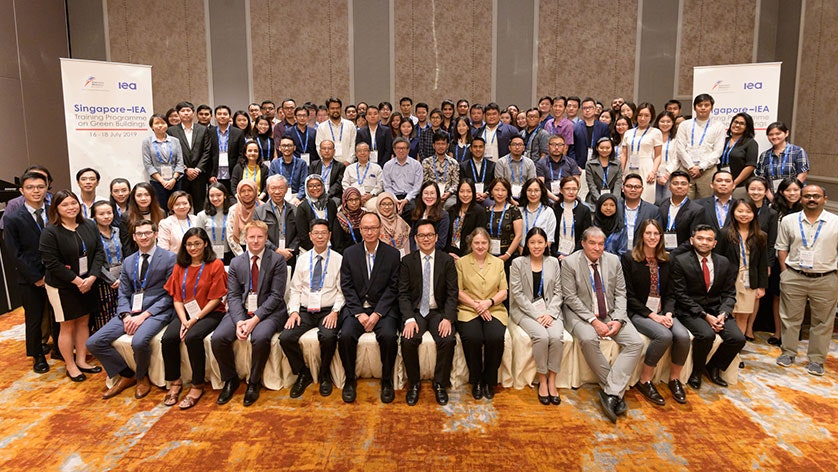Energy Market Authority of Singapore and the IEA co-host first ever Regional Training Programme on Green Buildings

Training week participants followed a hands-on curriculum includes case studies, lectures and practical exercises and a site visit to allow participants to learn from international best practices and each other (Photograph: IEA)